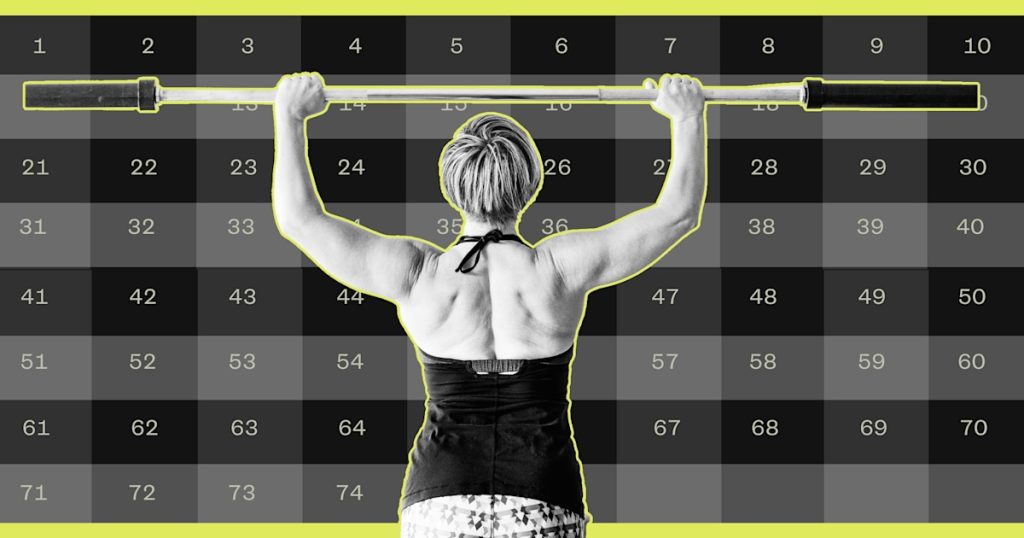The 75 Hard challenge, created by Andy Frisella in 2019, is a mental toughness program rather than a diet or fitness plan. The program is designed to build skills like determination, self-esteem, confidence, and discipline. Over 1 million people worldwide have completed the 75 Hard challenge, which consists of five daily tasks to be executed consistently for 75 days. The rules include following a diet with no alcohol or cheat meals, drinking a gallon of water daily, completing two daily workouts, reading 10 pages of a nonfiction book, and taking a progress photo each day.
Experts see benefits to programs like 75 Hard, as they can help individuals push past their limits and reach their full potential. Physical activity has numerous health benefits, and engaging in programs like 75 Hard can help individuals improve their overall well-being. However, it’s essential to consult a healthcare professional before starting any new diet or fitness program to ensure it is safe and appropriate for you.
While the 75 Hard challenge may have its benefits, there are also drawbacks to consider. The substantial time commitment required may not be feasible for everyone, and the all-or-nothing mentality of the program could lead to burnout or injury. Additionally, individuals with a history of eating disorders may be triggered by the success-failure cycle of the challenge. Gradual lifestyle changes are often more effective than drastic programs, and it’s important to have a plan for maintaining healthy habits after completing 75 Hard.
The 75-day duration of the challenge is meant to develop skills that will stick with participants long after completing the program. While there is no magic number associated with making lasting lifestyle changes, sustained commitment and reinforcement are essential. It’s crucial to have a plan for after completing 75 Hard, incorporating aspects of the program that were enjoyable and sustainable in the long term.
Walking can count as exercise for 75 Hard, and it is a safe and accessible form of physical activity for most individuals. The intensity of exercise should allow for a breathy conversation but not singing. While 75 Hard may not necessarily be dangerous, individuals should be mindful of their individual limitations and consult a healthcare professional if needed. Ultimately, the best outcomes come from activities that can be enjoyed and integrated into daily life, rather than strict and intense programs like 75 Hard.


